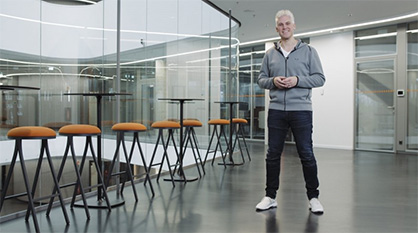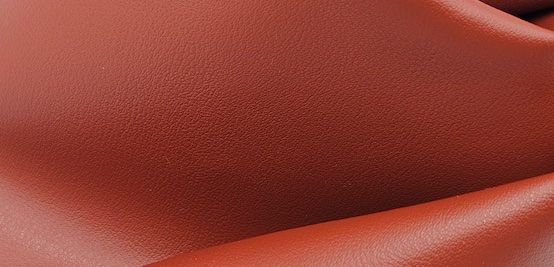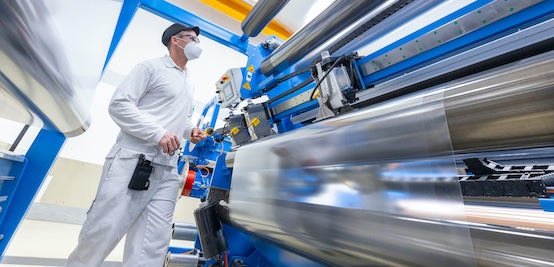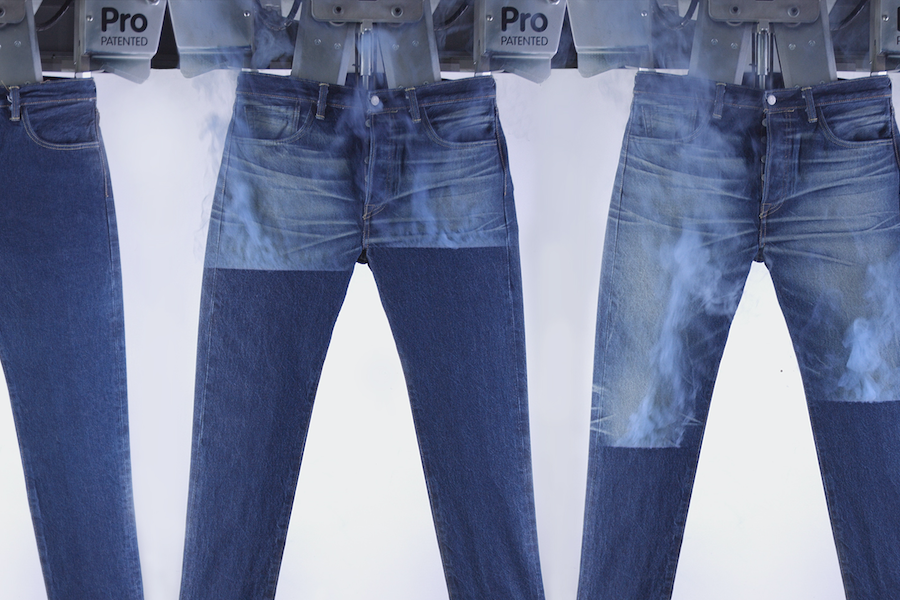#Textile chemistry
Artificial intelligence to make chemical industry faster and smarter
- Data-based technologies for more sustainability and efficiency
- Pilot projects in various divisions
- Important findings for the entire chemical industry
“With the help of artificial intelligence, we will be able to find digital solutions across departmental boundaries in the future that were not possible before. This opens up completely new possibilities to achieve greater sustainability with improved resource utilization and thus to serve the needs of our customers even more precisely,” says Sucheta Govil, Chief Commercial Officer of Covestro.
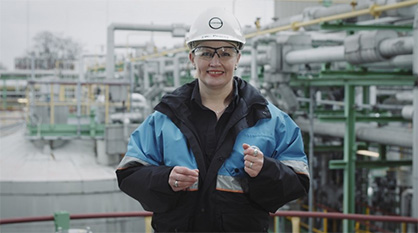
Pilot projects put the use of AI to the test
At its Dormagen production site, Covestro is testing how the manufacturing process for polyesters can be optimized. Polyesters are needed for the production of polyurethanes. The use of artificial intelligence in the processing of the company’s comprehensive process data is intended to create free production capacities and minimize energy consumption. Digital technologies are also used in Dormagen and at the Leverkusen and Krefeld-Uerdingen sites to predict the peak steam consumption of production plants. In this way, energy consumption and costs can be reduced in the long term.
Pilot projects put the use of AI to the test
At its Dormagen production site, Covestro is testing how the manufacturing process for polyesters can be optimized. Polyesters are needed for the production of polyurethanes. The use of artificial intelligence in the processing of the company’s comprehensive process data is intended to create free production capacities and minimize energy consumption. Digital technologies are also used in Dormagen and at the Leverkusen and Krefeld-Uerdingen sites to predict the peak steam consumption of production plants. In this way, energy consumption and costs can be reduced in the long term.
Another project deals with the digital customer experience. Machine learning is used to help to identify potential customers for Covestro at all digital touch points on the Internet and social media. The aim is to win them over as customers in the long term through consultation and information. Artificial intelligence will also be used in Covestro’s purchasing department in the future. Faulty invoices can then be identified with less effort, making the invoicing acknowledgement process much more efficient.
Utilizing data science for more intelligent production
“AI is a fascinating opportunity for Covestro worldwide. The ongoing projects show that data and its proper use not only make the entire industry smarter and faster, but can also contribute to the bottom line,” says Nils Janus, Head of Advanced Analytics at Covestro. To make optimum use of data-based findings in the future, the materials manufacturer has developed the Covestro Analytics Platform (CAP), a platform for data scientists. It collects raw data from production plants, research results, and business processes and supplements it with external databases to perform analyses and train machine learning models. In this way, Covestro is taking another important step towards digitalization and data-driven business management.
